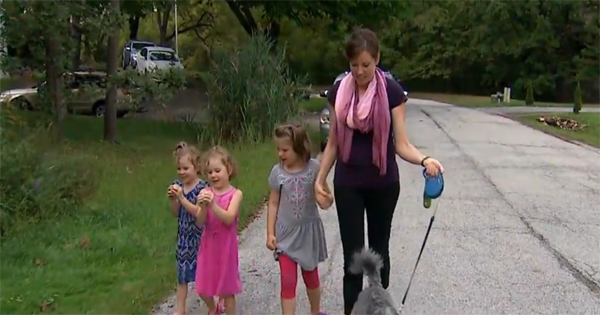Advertisement
Kristen O’Meara, mother of three daughters and a schoolteacher living near Chicago, now admits that she perhaps read a little too far into anti-vaccination research for her, and her family’s, own good.
She’d “scoured everything” about the dangers of vaccines and had become “pretty convinced of this perspective. This research encouraged O’Meara to not have her three daughters – two three-year-old twins, and one five-year-older – get vaccinated.
It was this decision, however, that ultimately caused O’Meara’s daughters – and her and her husband – to fall ill with rotavirus. Rotavirus is very contagious and causes its sufferers, particularly infants and young children, to experience stomach pain, vomiting, fever, and watery diarrhea.
Rotavirus is also easily avoided through certain vaccinations.
“It was awful,” O’Meara recalled, “and it didn’t have to happen, because I could have had [my daughters] vaccinated. I felt guilty. I felt really guilty.”
O’Meara realizes now that it had been a mistake on her part to not bother looking into or consider the research that advocated the benefits of vaccines.
Her decision to just read one side of the story “put [her] kids at risk.” She even acknowledges, “I wish that I had taken more time to research from both sides before my children were born.”
Unfortunately, many parents share the same perspective as O’Meara. They believe the outdated, false research warning about the dangers of vaccinations even though the American Academy of Pediatrics, as well as the Centers for Disease Control and Prevention and other major health organizations, establish precise time frames for when children should be vaccinated for various diseases.
Since her daughters’ episode, O’Meara has had her entire family update their vaccination charts. She warns everyone – parents, individuals – everywhere against making the same decision as her. “I wanted to share my personal story,” O’Meara explained, “and if it does help someone change their mind, then that's great.”




